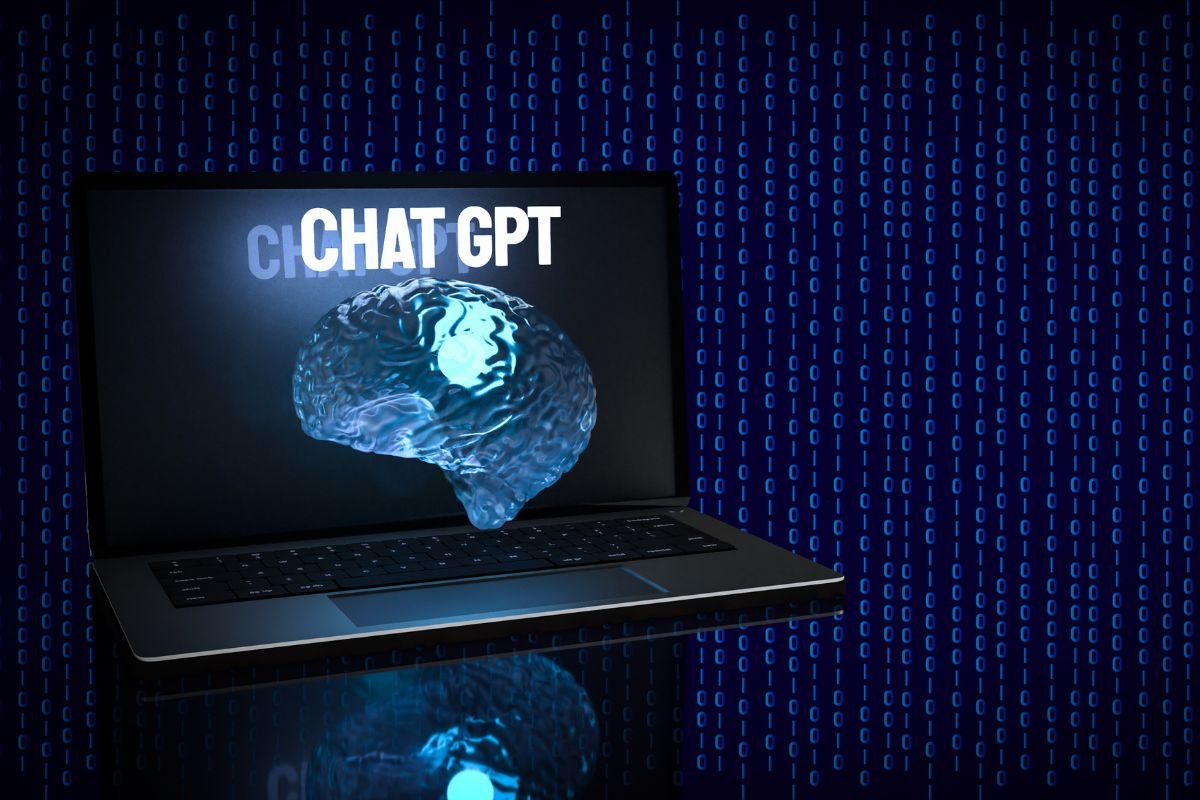- A simple WhatsApp call could drain your bank account — here’s how scammers do it - September 1, 2025
- This everyday drink accelerates aging — science explains why - August 31, 2025
- How to hide the “seen” checkmarks on your WhatsApp messages - August 30, 2025
If you’ve been sharing your ChatGPT conversations, you might be surprised to learn that some of them are now appearing in Google Search results. And while this may seem like a minor detail, it raises serious concerns about privacy, data leaks, and AI governance.
Why ChatGPT chats are showing up on Google
The issue comes down to OpenAI’s “Share” feature. When users share a conversation, it generates a public link. If that link is posted somewhere Google can crawl—say on social media, a blog, or even in a Slack community—Google treats it like any other webpage and indexes it.
As Christopher Penn, co-founder and chief data scientist at TrustInsights.ai, explained on LinkedIn: “If the public, shared link is placed anywhere Google can see it, it will index it.”
In other words, your “private” prompt about marketing strategy, your draft for a client presentation, or even a personal query might suddenly become searchable by anyone with the right keywords.
Real examples of sensitive data exposed
A quick search using site:chatgpt.com/share + [keyword] shows indexed conversations that include personal details, company roles, and business strategies. In one case, information about a Deloitte consultant—name, age, and job description—was visible to the public.
For marketers, SEO teams, and business leaders using ChatGPT to brainstorm campaigns or write outlines, this could mean inadvertently publishing confidential insights for competitors—or the entire internet—to see.
Why this matters
Marketers and creative teams often rely on generative AI for idea testing, messaging drafts, or internal brainstorming. If those conversations leak, the consequences could include:
- Exposure of proprietary strategies.
- Revealing client names or project details.
- Damaging brand reputation if sensitive material becomes public.
As companies move to integrate AI tools into daily workflows, the indexing of shared conversations highlights the urgent need for AI governance and data hygiene.
What you should do right now
If you’ve ever shared a ChatGPT conversation, it’s worth checking whether any of your content is publicly visible. Experts recommend:
- Auditing past ChatGPT shared links.
- Running a search for your company or brand using
site:chatgpt.com/share. - Training your teams on the risks of sharing AI outputs.
- Exploring enterprise AI platforms that run on private servers or offer better data control.
Olaf Kopp, co-founder at Aufgesang GmbH, also warned of another danger: prompt injection attacks. He advises against interacting with public ChatGPT chats and recommends deleting old shared links by navigating to Settings > Data Controls > Shared Links > Manage.
The bigger picture
OpenAI designed the share feature for collaboration, but the reality is that in competitive industries, even small leaks can create big risks. Only a few thousand conversations have been indexed so far, but this may be the start of a much larger trend.
The lesson is simple: treat AI conversations the same way you would treat any confidential document. If it’s sensitive, keep it private—or risk seeing it show up where you least expect it: on Google Search.









